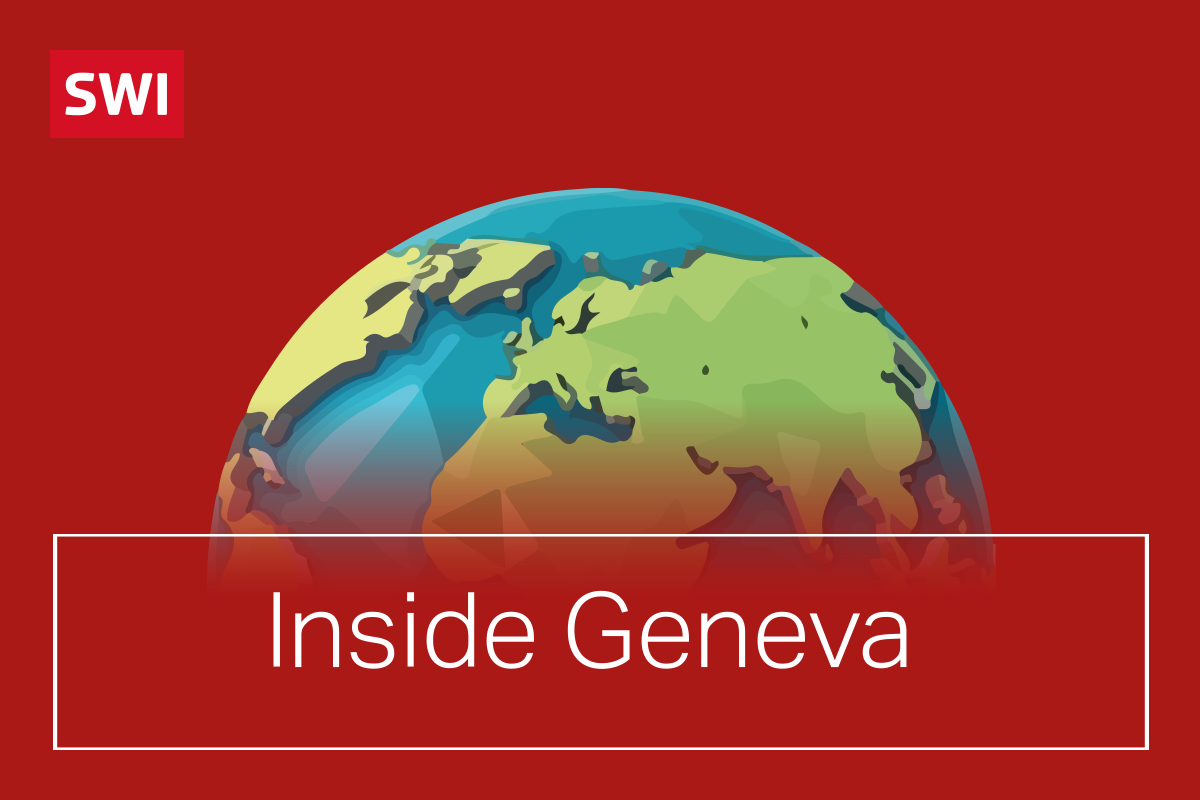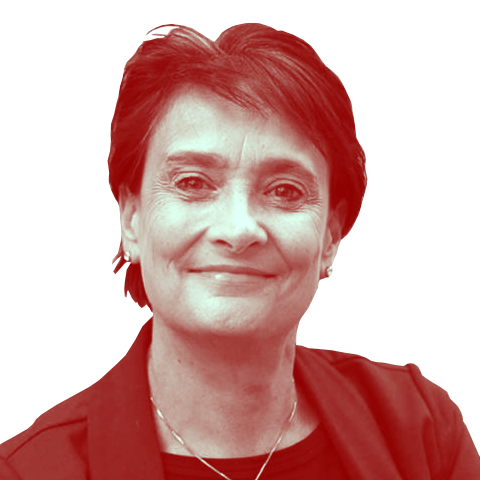Ukraine… and other crises
Twice a week in Geneva, the United Nations aid agencies tell us journalists what they’re working on, and what is worrying them.
Over the last five weeks, we have heard about violence and food insecurity in Mozambique, rising food prices – and rising hunger – in Haiti, the continued needs in Syria, and ever-deepening humanitarian crises in Yemen and Afghanistan.
But of course, our focus – the world’s focus – is on Ukraine. Russia’s invasion has caused more than ten million Ukrainians, a quarter of the population, to flee their homes. It is the biggest refugee crisis in Europe since World War Two. Europeans want to help, and there has been an outpouring of solidarity and generosity towards Ukraine.
But at what price? That’s the subject of our Inside Geneva podcast this week, in which I am joined by Annalisa Conte, Geneva director of the World Food Programme, Shabia Mantoo of the UN Refugee Agency, and our regular analyst Daniel Warner. (Click on the embedded link below).

More
How Ukraine affects other humanitarian crises
As Daniel points out on the podcast: “There is a huge outpouring for Ukraine, for the refugees, for the food, medical supplies, but that must mean that in other places in the world, they’re not getting what they should be getting.”
Food insecurity
Annalisa Conte doesn’t disguise how worried she is. The WFP has been warning of impending famine in Afghanistan for months. In Yemen, children are already dying of malnutrition.
But a recent UN emergency appeal for Yemen raised less than a third of what aid agencies asked for. Another for Afghanistan got just half.
“We do not want to find ourselves in a situation in which we need to decide whether to feed a hungry child or a starving child,” she tells Inside Geneva. “Both of them need to be assisted.”
The global humanitarian needs were already at record levels before Russia’s assault on Ukraine. In December the UN said it would need an unprecedented $41 billion (CHF37 billion) to support 273 million of the world’s most vulnerable people.
Aid workers know that UN appeals are never funded 100%, but a third of the way through 2022 the UN has received just 5.4% of that $41 billion. For some countries, such as Mali or Mozambique, no funding at all has been received.
Perfect storm
Even before the Ukraine crisis, the WFP had to cut food rations by 50% for people in Yemen, Niger and Chad, because of rising food and fuel prices.
Now, two of the world’s largest grain producers are at war with each other. Ukraine’s relationship with the WFP was, until February 24, that of a supplier not as a recipient of emergency food aid. The expected shortage of grain from both Ukraine and Russia is expected to push food prices up further, and will likely force the WFP into more ration cuts.
Combine that with traditional donor countries’ fiscal caution, as they attempt to balance their own budgets after spending billions on Covid recovery plans, and aid agencies fear a perfect storm of unmet needs.
“Perhaps people don’t fully understand what it means to cut rations by 30% or 50%,” says Annalisa Conte. “In most of these situations people can survive only because they receive humanitarian assistance. It’s a minimum requirement, so if it has to be cut it means these people have to survive with something that is not enough.”
Selective solidarity?
Meanwhile, despite welcoming the amazing unity and solidarity that Europe has shown towards Ukraine, aid agencies remember that, not so long ago, Poland and Hungary were pushing refugees from Syria or Afghanistan back across their borders.
“The solidarity we are seeing from the world, is that going to be channelled to other crises?” asks Shabia Mantoo of the UN Refugee Agency.
“We will respond wherever there are humanitarian needs, regardless of where they are, and we urge that this compassion really be extended to all people who’ve been forced to flee.”
Future problems
And as well as the immediate problem of lack of funding, and lack of attention to serious crises, UN aid agencies worry about the future.
Food insecurity causes displacement, and the potential for more refugee crises. Conflict causes food insecurity, and vice versa. Refugee crises, handled badly or ungenerously, can lead to instability, social unrest and even conflict.
It is, every aid agency in Geneva agrees, going to be a very tough year.

In compliance with the JTI standards
More: SWI swissinfo.ch certified by the Journalism Trust Initiative

You can find an overview of ongoing debates with our journalists here. Please join us!
If you want to start a conversation about a topic raised in this article or want to report factual errors, email us at english@swissinfo.ch.